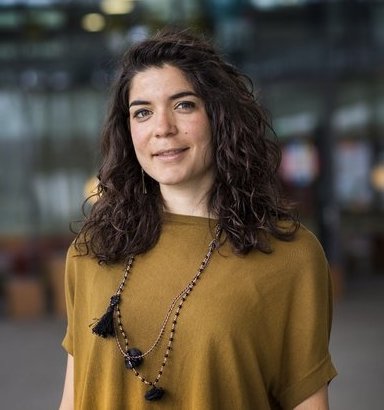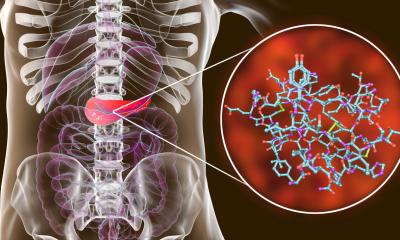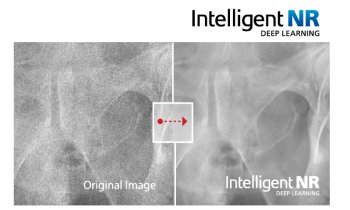News • Grant for AI and genomic analysis
AI help for better diagnosis and treatment of prostate cancer
Prostate cancer is the second cause of cancer-related death in men. Currently, its diagnosis occurs via imaging and must be confirmed by biopsy. Simona Turco from the Eindhoven University of Technology (TU/e) wants to improve prostate cancer diagnosis by using machine learning algorithms to localize tumors and thereby replace entirely the necessity for biopsies.
Besides, by combining this with genetic information from the patient she aims to enable personalized, and thus more effective, treatments. To perform her research, Turco has recently been awarded € 250,000 from the Hanarth Fonds, which makes funding available for research and education in Artificial Intelligence (AI) within oncology.
A difficult trade-off
Both in Europe and the United States, one in seven men is diagnosed with prostate cancer in his lifetime. Simona Turco, assistant professor within the group of Signal Processing Systems: “For prostate cancers which are indolent and not life-threatening, doctors might opt for active surveillance rather than radical treatment, as the latter can have debilitating side effects such as urinary, sexual, and bowel dysfunctions.” This poses a difficult trade-off for clinicians: to start treating immediately to avoid risks of cancer progression, at the expense of serious side effects? Or to rather wait and give the patient a better quality of life as long as active treatment is not needed? As the available diagnostics cannot provide a definitive answer to this, the risk to either overtreat or undertreat the patient is around the corner.
Currently, the golden standard for the diagnosis of prostate cancer is biopsy, in which a small tissue sample is taken from the prostate by inserting a thin needle in the body. During this invasive procedure, the urologist can collect only small fractions of tissue, which might not be representative of the whole prostate and lead to the risk of missing the cancer. Recently, the so-called ‘multiparametric magnetic resonance imaging’ (mpMRI) has shown promise for image-based prostate cancer diagnosis and biopsy targeting. “Based on MR images of the prostate”, explains Turco, “the radiologist can identify suspicious lesions and offer a more precise guidance for biopsy-taking”. However, even in this case, studies have shown that over 40% of patients undergo surgical operation when it is not strictly necessary or, viceversa, that 10-15% of the aggressive tumors are missed.

Turco: “This calls for more accurate diagnostic and prognostic tools, which can localize the tumor and, at the same time, classify its aggressiveness and enable the choice of the appropriate treatment”. In this respect, for Turco, artificial intelligence might offer an unprecedented support. Her goal is to develop machine learning algorithms that are trained on big image sets of patients and on the information coming from biopsies, and to ultimately make the scoring more objective and reliable. Besides, Turco wants to improve the accuracy of biopsies by using genomic analysis of the tissue sample rather than classic microscopic analysis. This would provide more accurate assessment of cancer aggressiveness and ultimately better training of the machine learning algorithm. Eventually, the algorithm might learn to recognize in the imaging the genetic signatures of aggressive and indolent prostate cancer, without the need of invasive and costly biopsies.
Cancer is nowadays considered as a genetic disease, meaning that cancer development and progression are driven by changes in the DNA of our cells. Thus, patients can all differ from each other in terms of cancer progression and response to treatments. Turco: “This applies for prostate cancer as well, where large variability in clinical outcomes and cancer-specific mortality rates are observed in patients with similar clinical parameters.” How to then guarantee the best treatment for each patient? For Turco, the solution lies in the development of an ‘integrated approach’, which combines the use of artificial intelligence for smarter imaging and monitoring treatments, and the collection of genetic information from the patient for personalized prognosis and therapy selection, management and planning.
Turco will use part of the Hanarth fond fellowship to follow dedicated courses and internships at industrial, clinical and academic partners, including Stanford Medicine, Almond IVS (Copenhagen, Denmark), the Denmark Technical University, and the Netherlands Cancer Institute. By connecting with leading experts in machine learning and cancer genomics all over the world, she hopes to facilitate the adoption of machine learning in the clinical practice of prostate cancer care and ultimately improve the quality of life of cancer patients.
Source: Eindhoven University of Technology (TU/e)
11.12.2019










